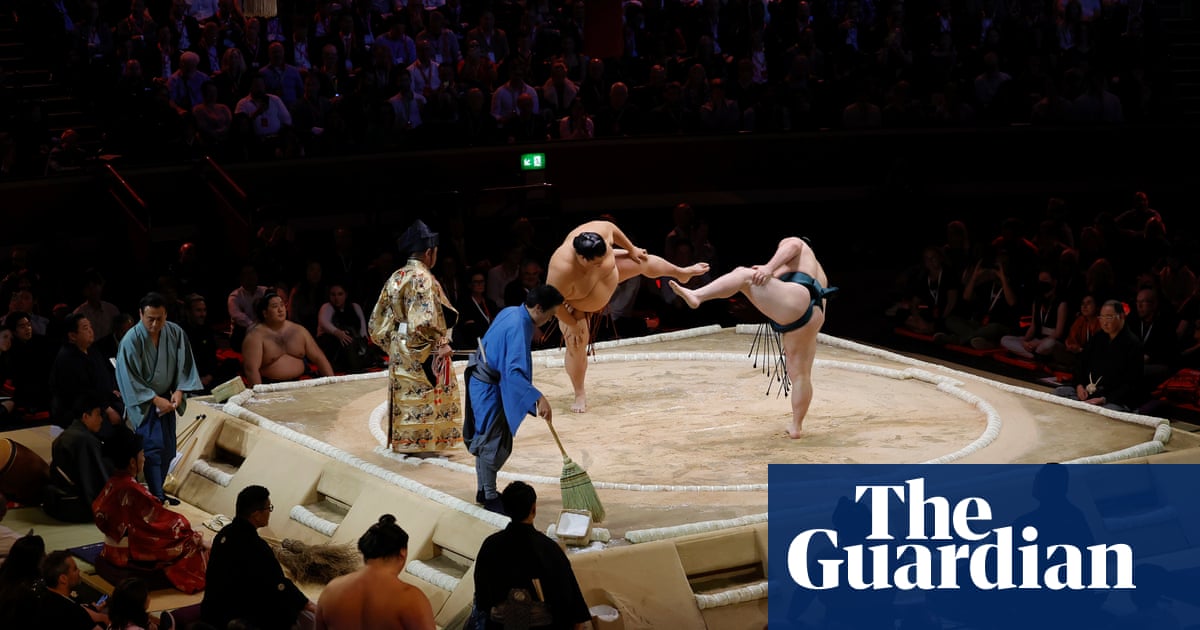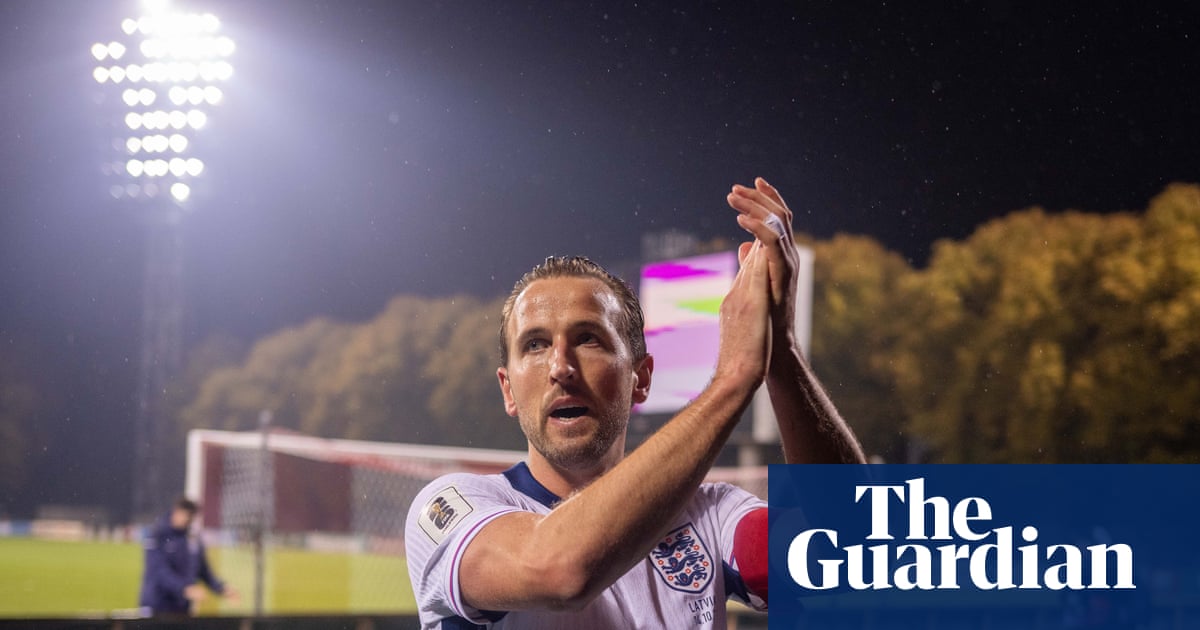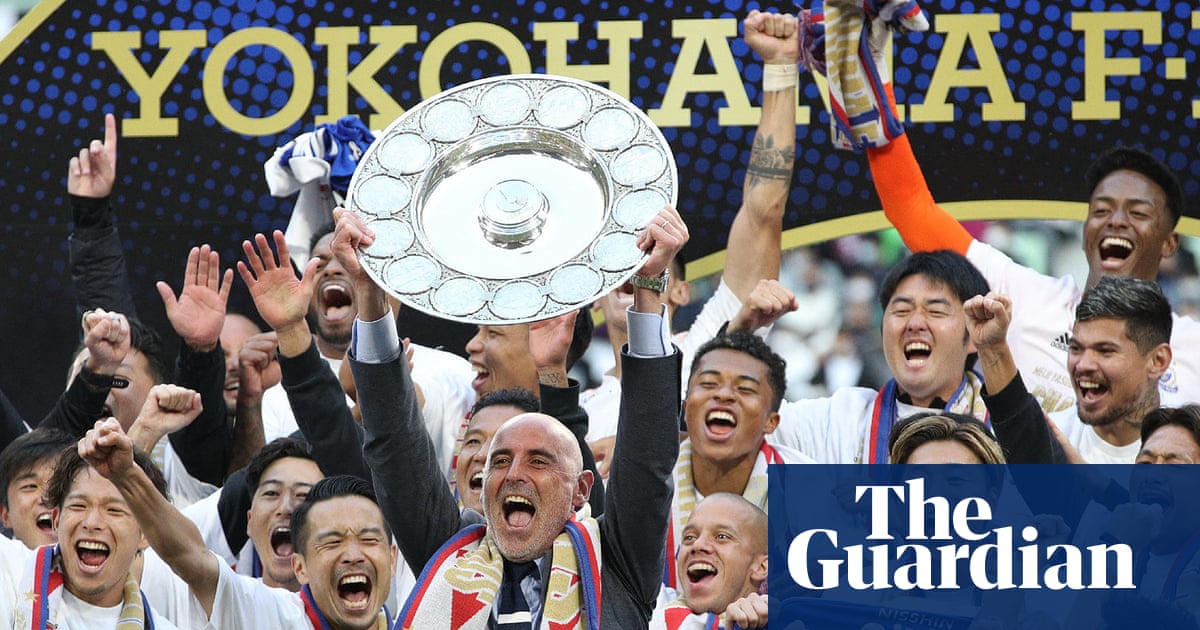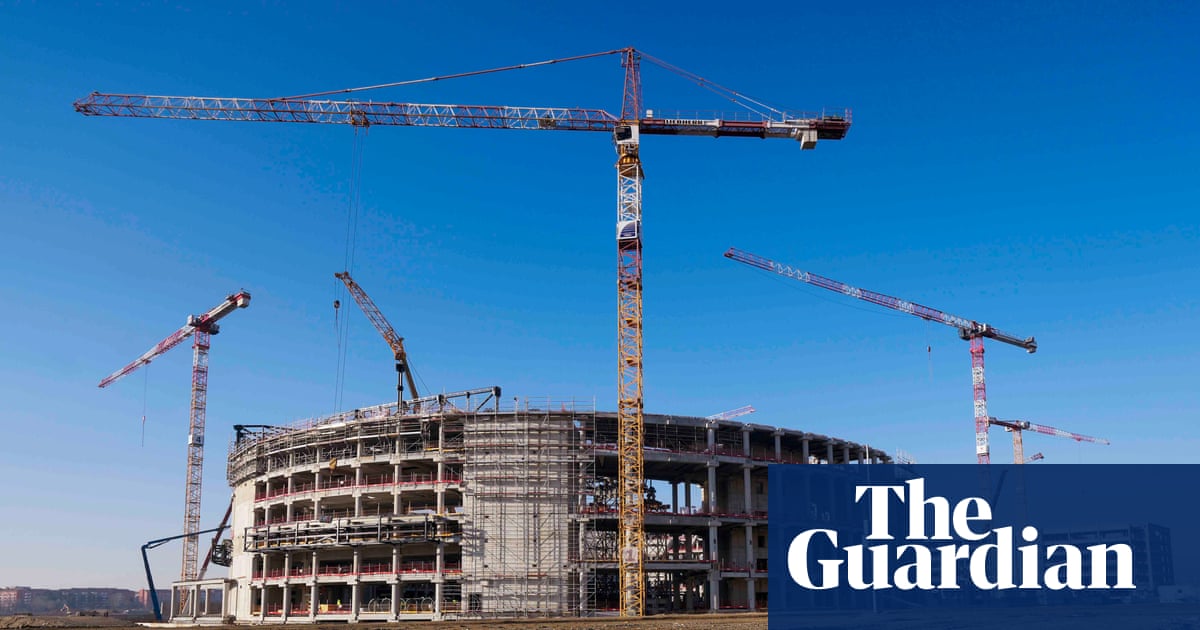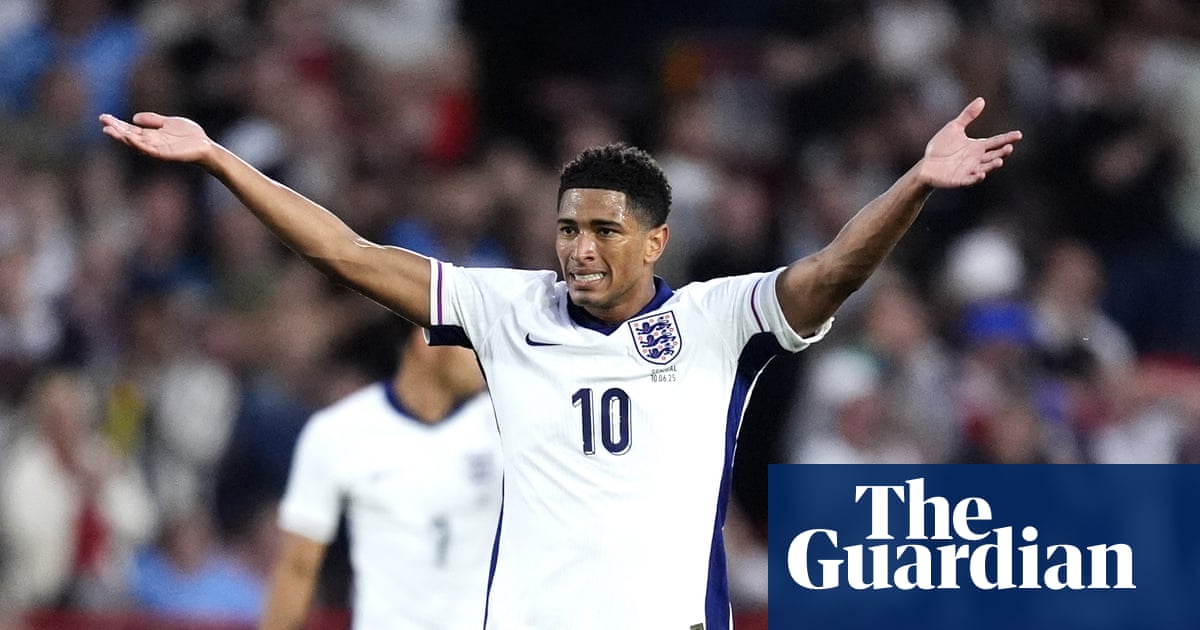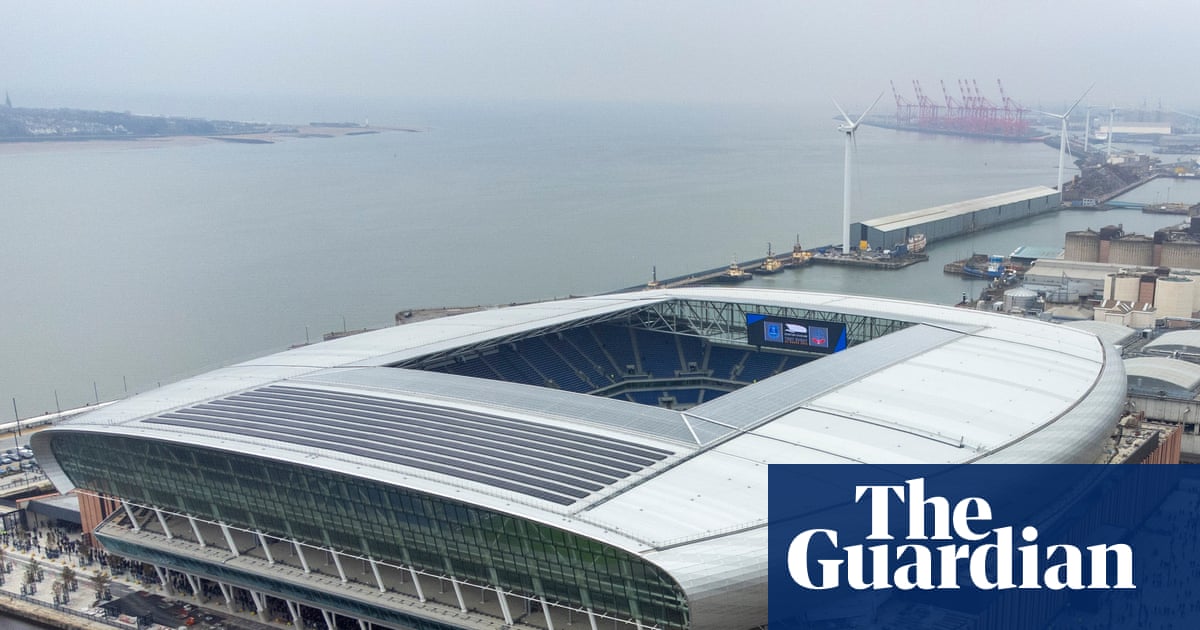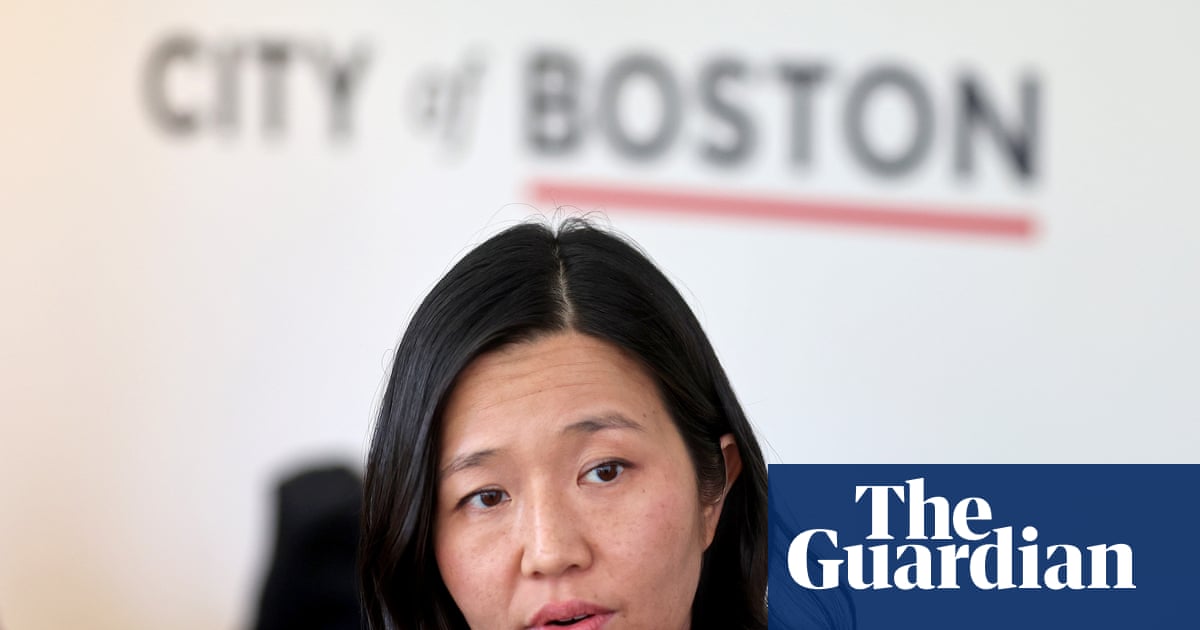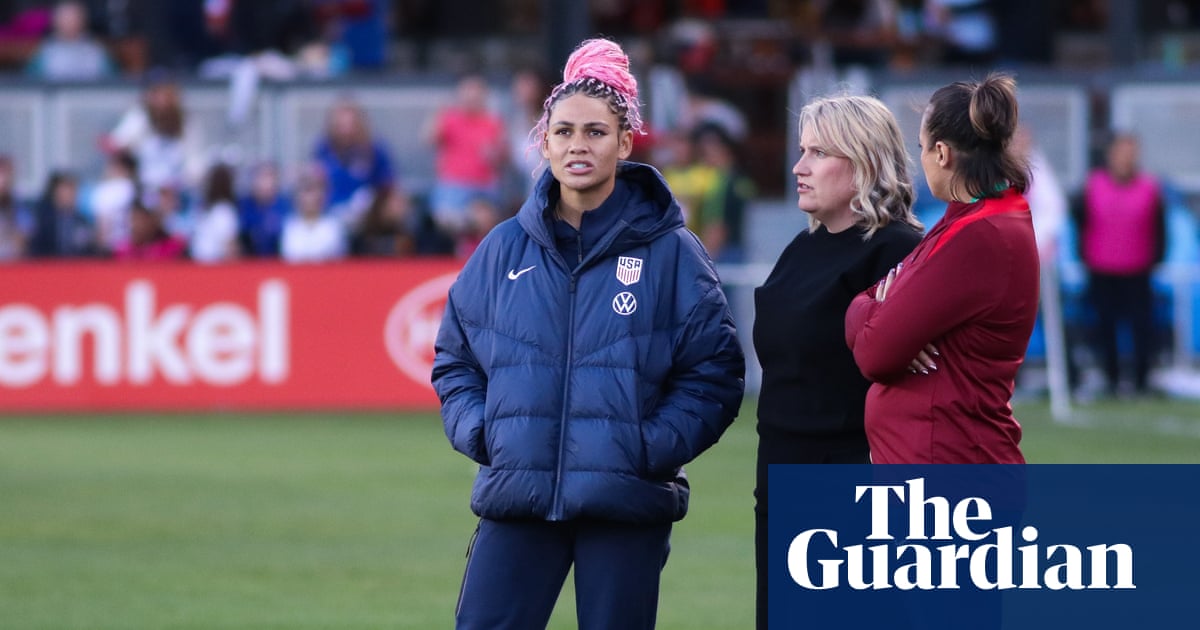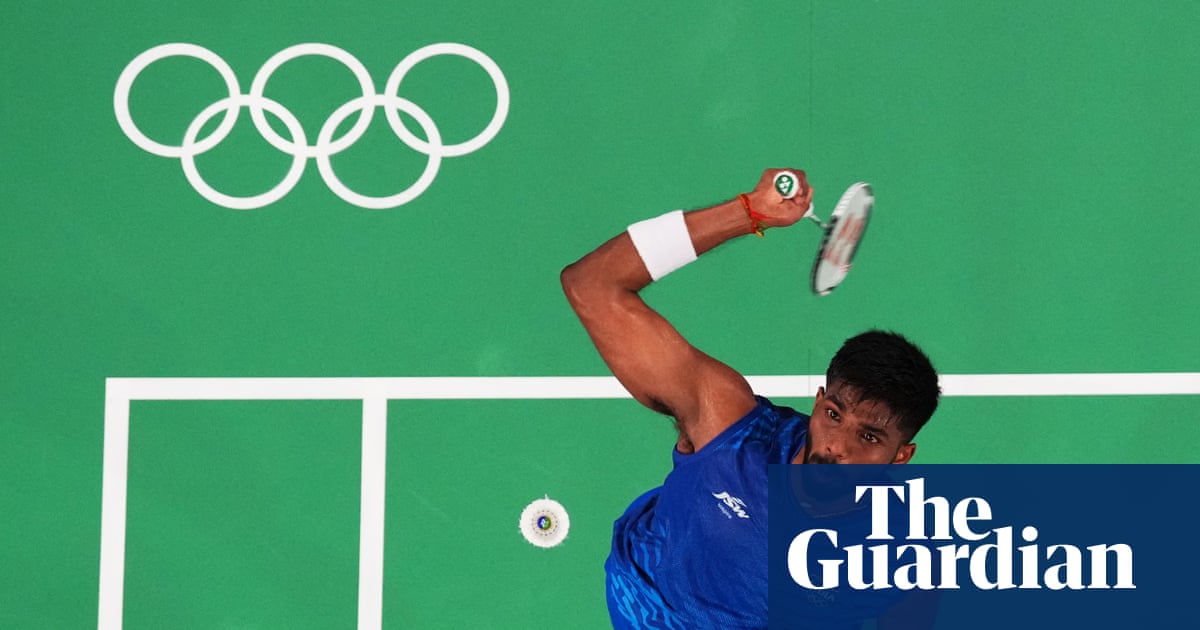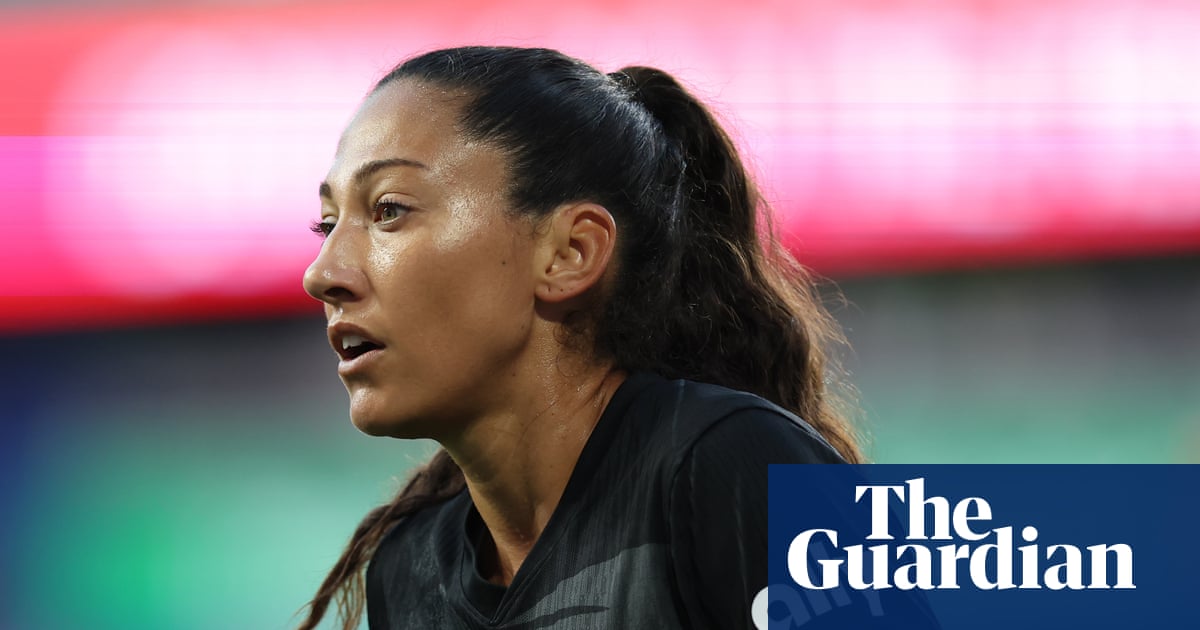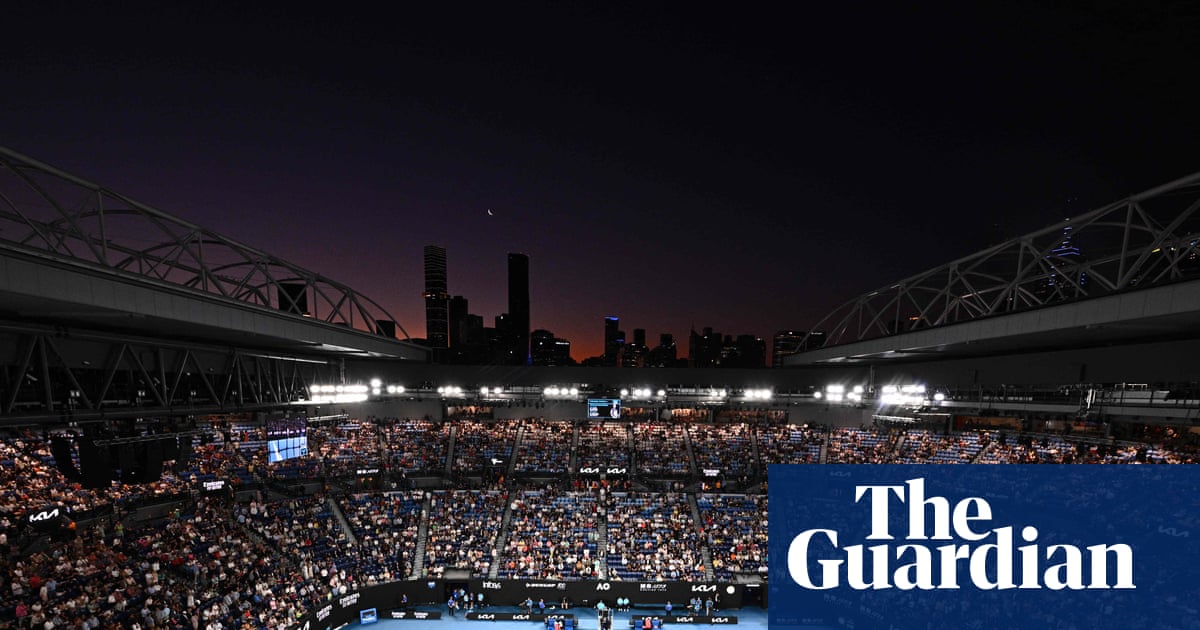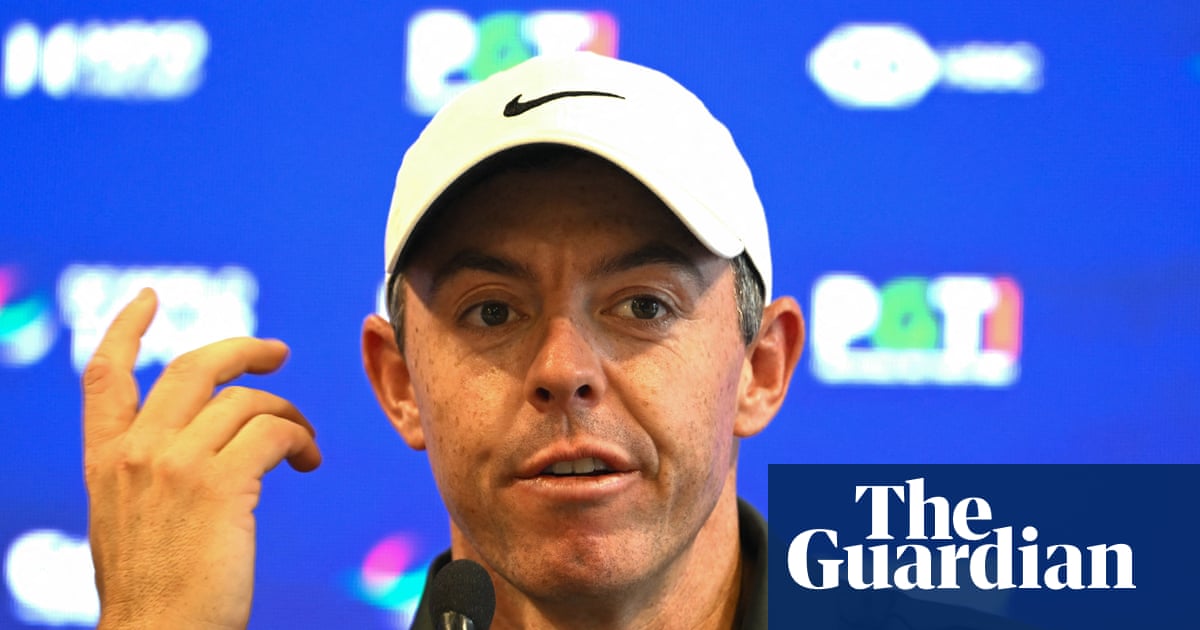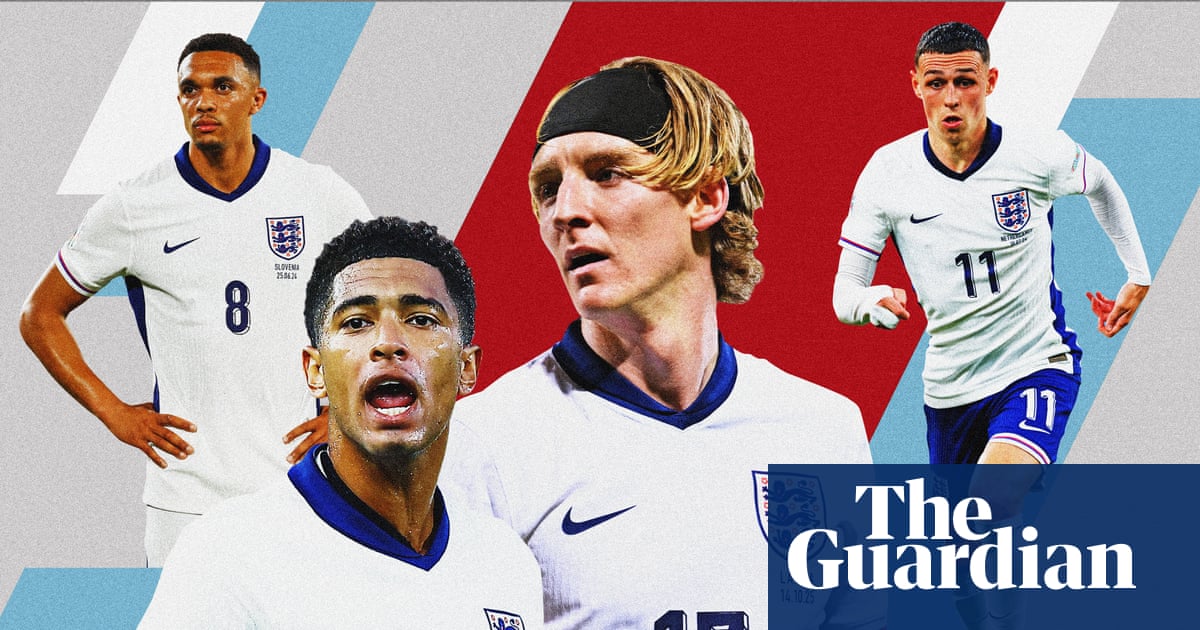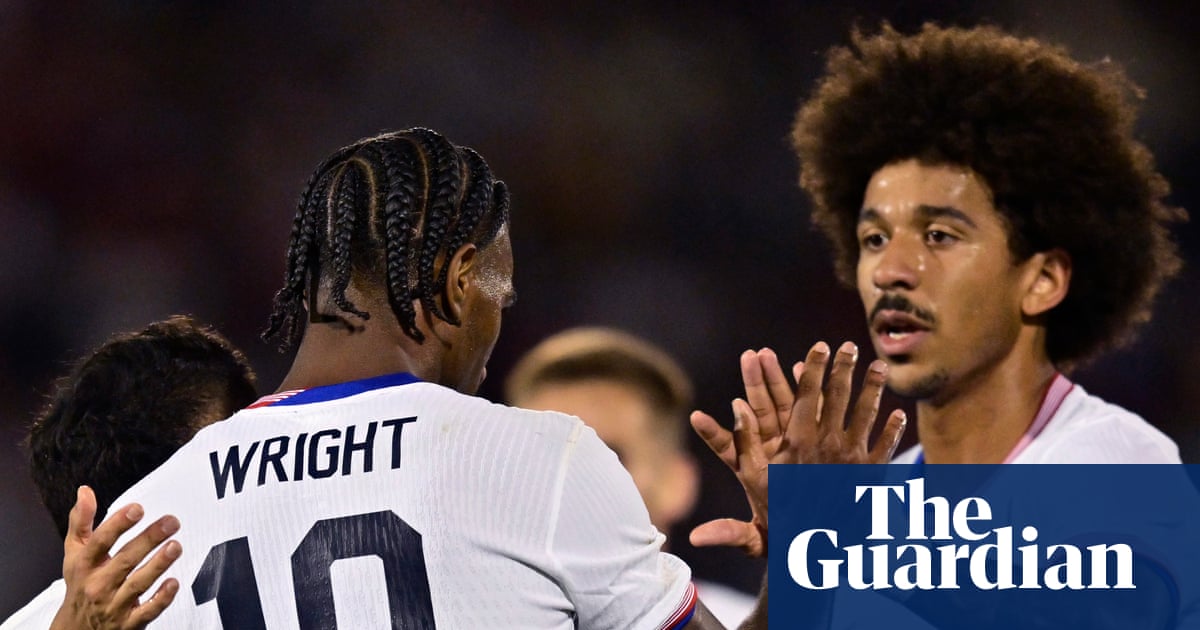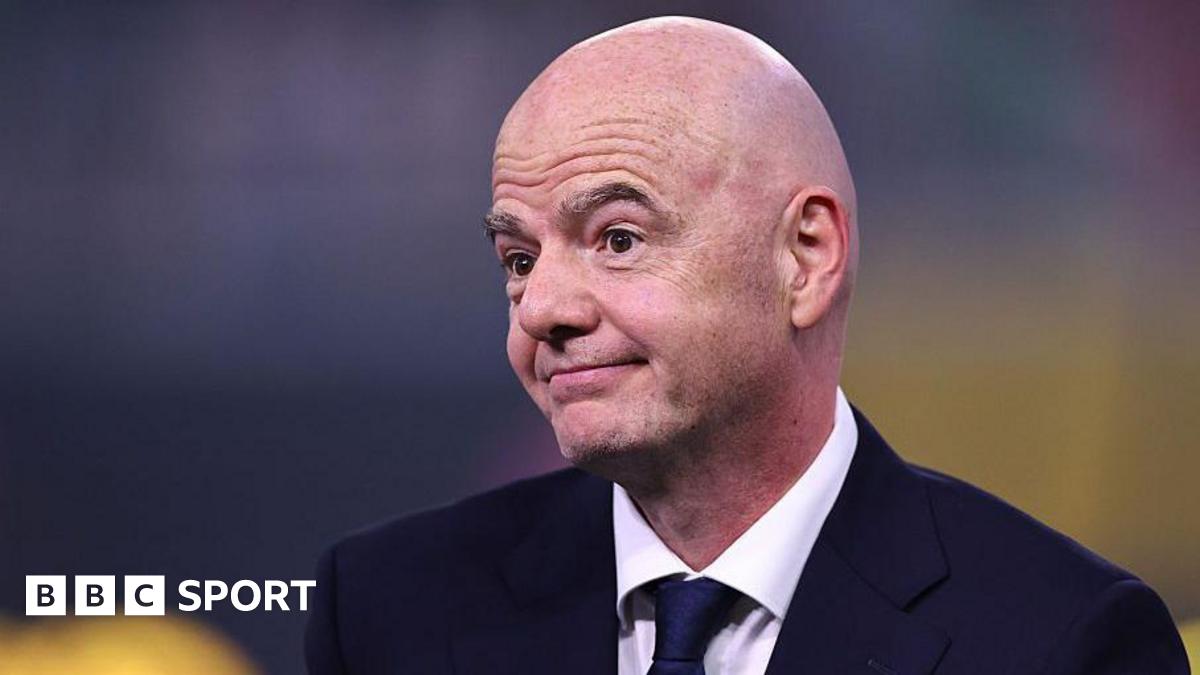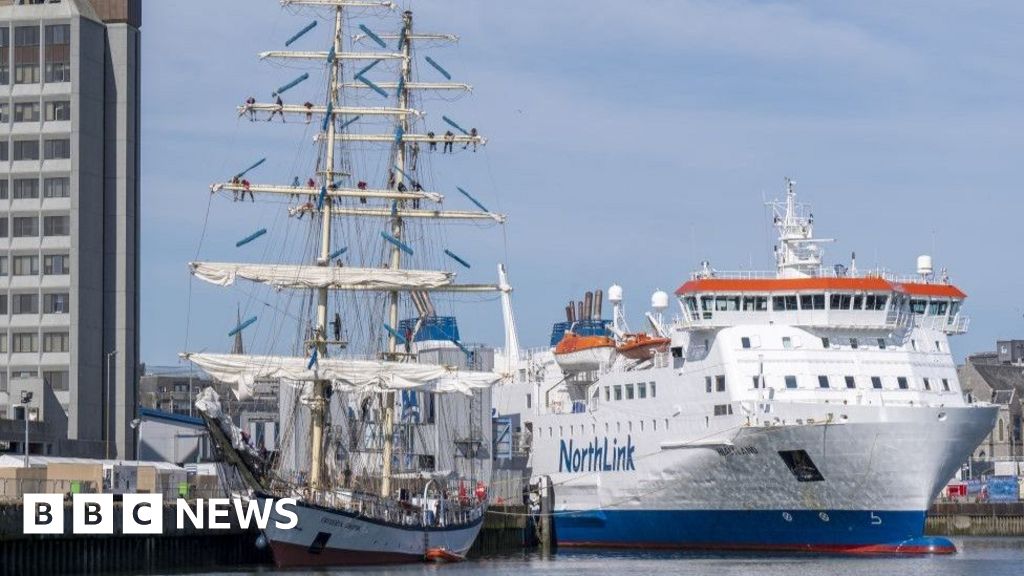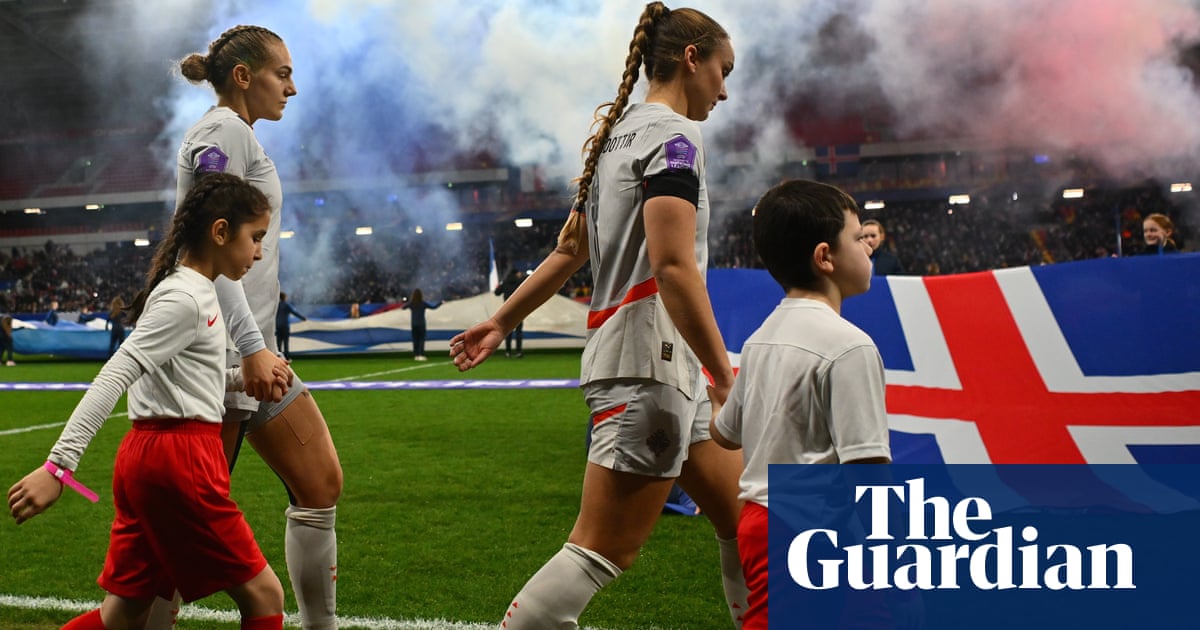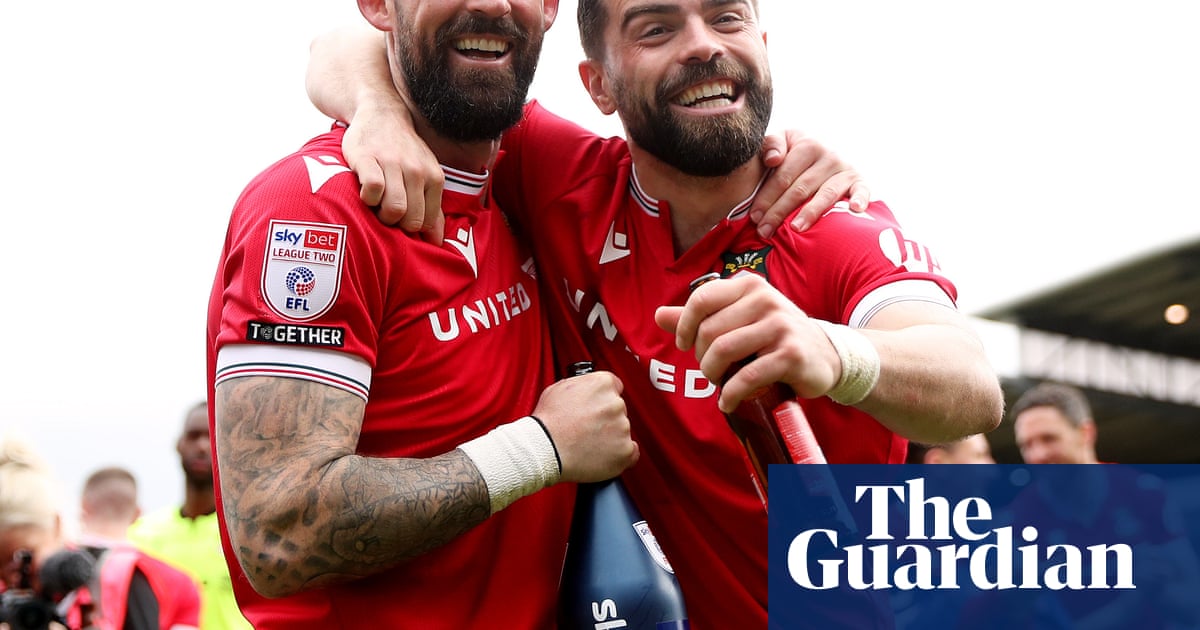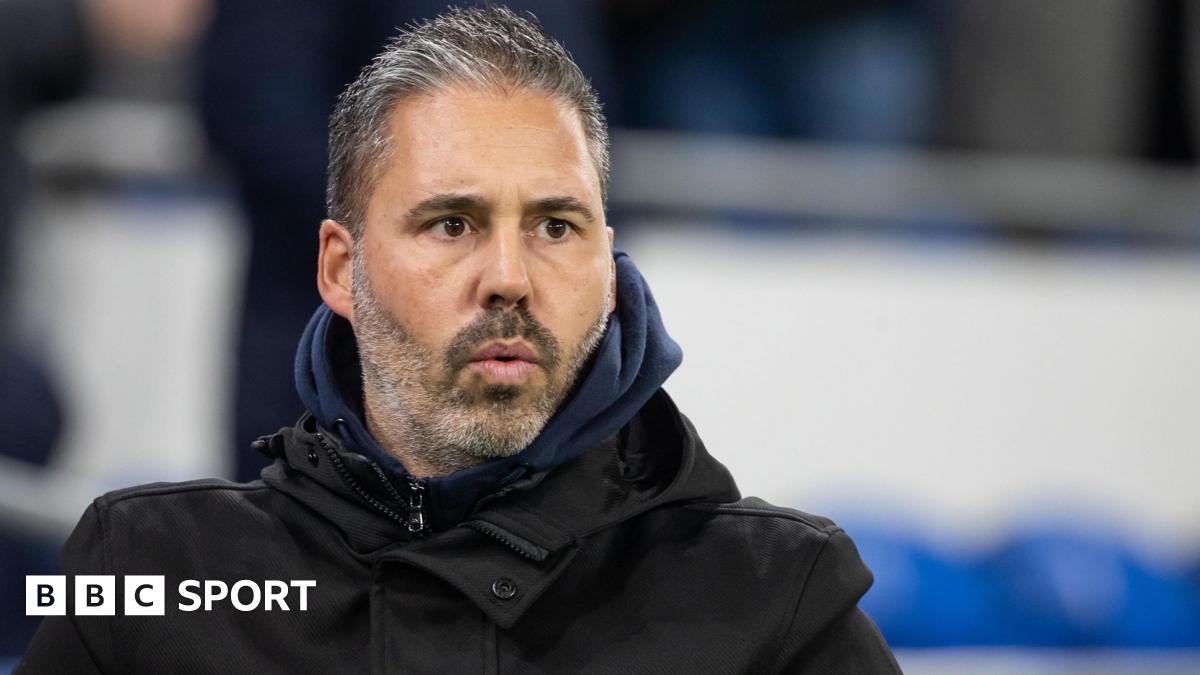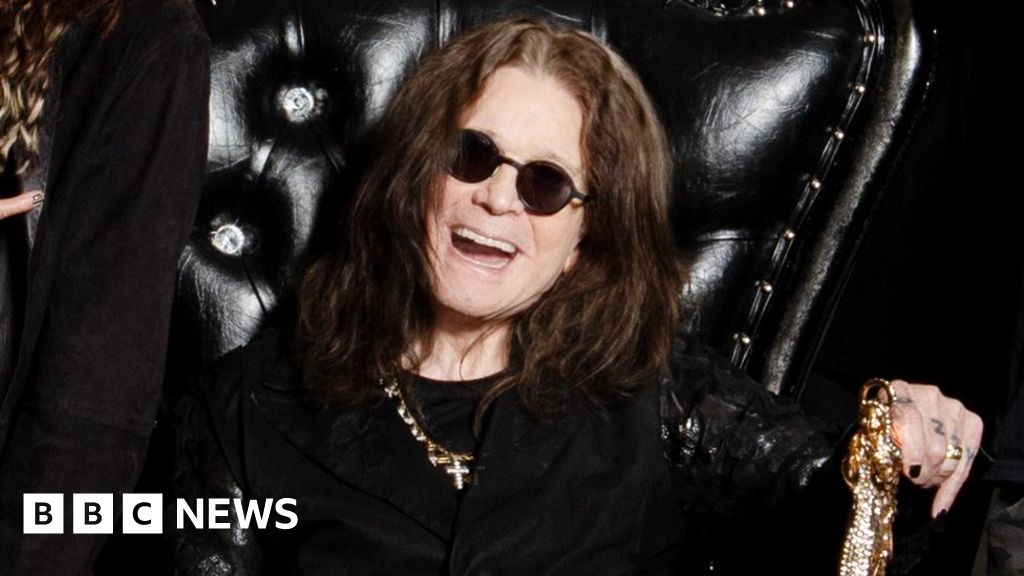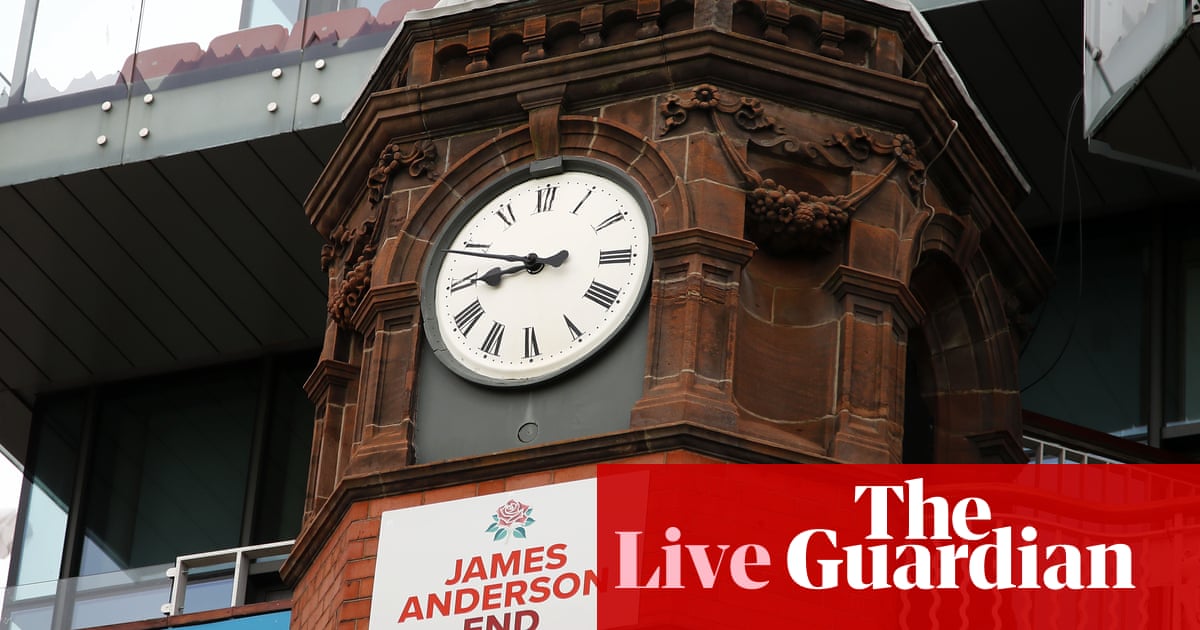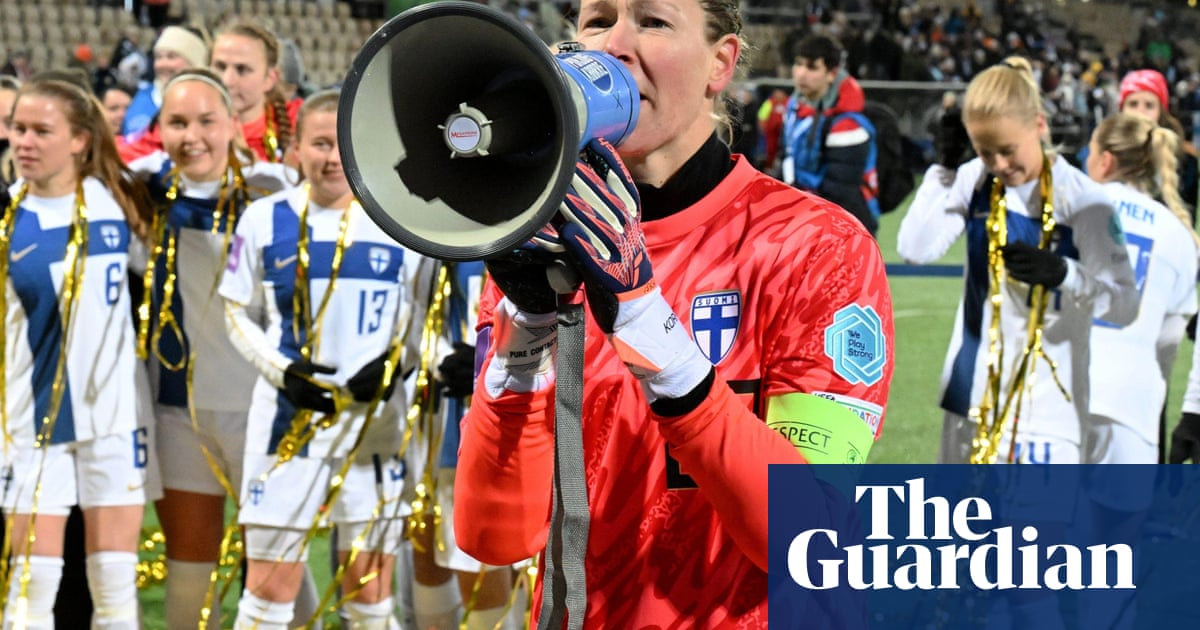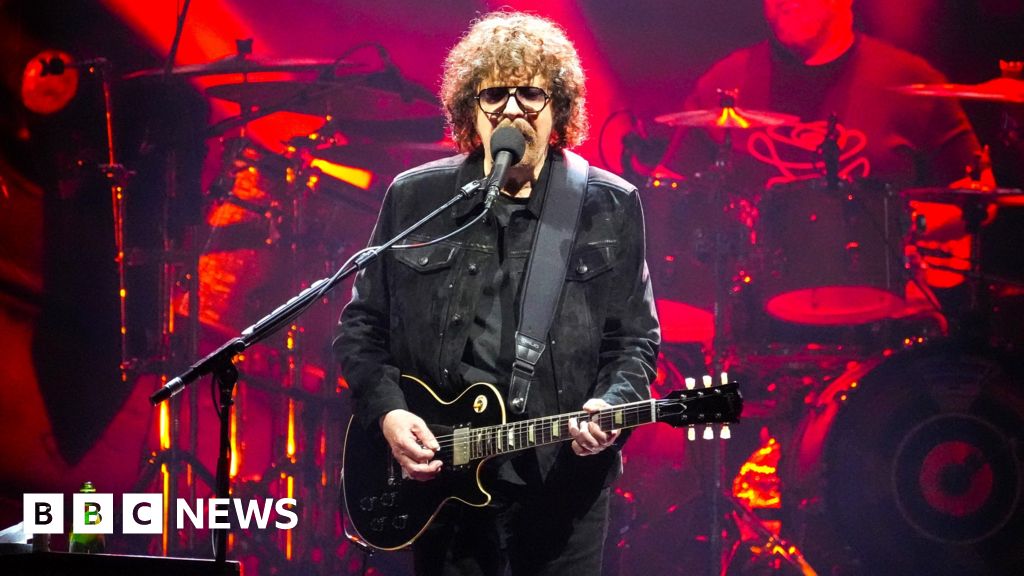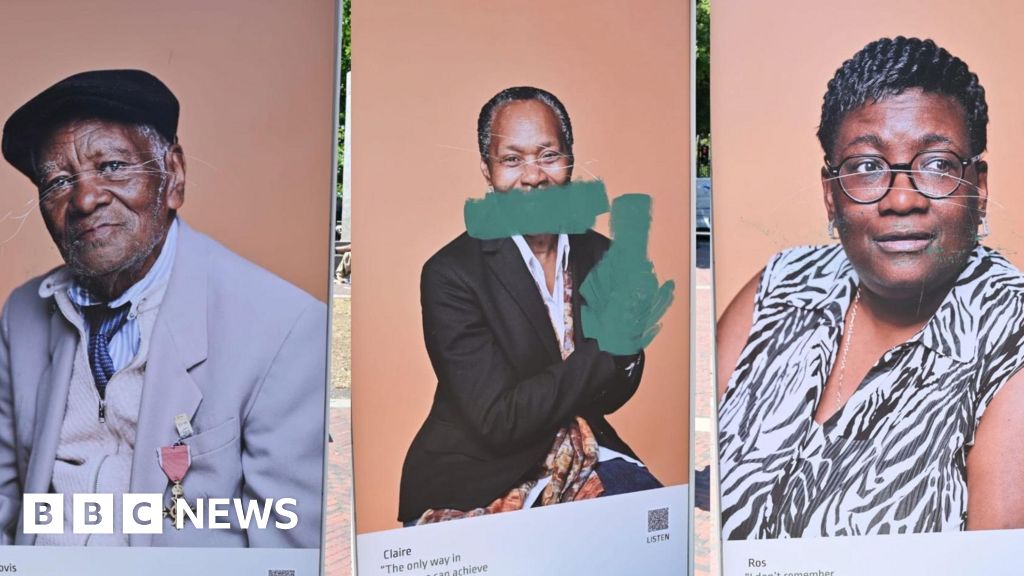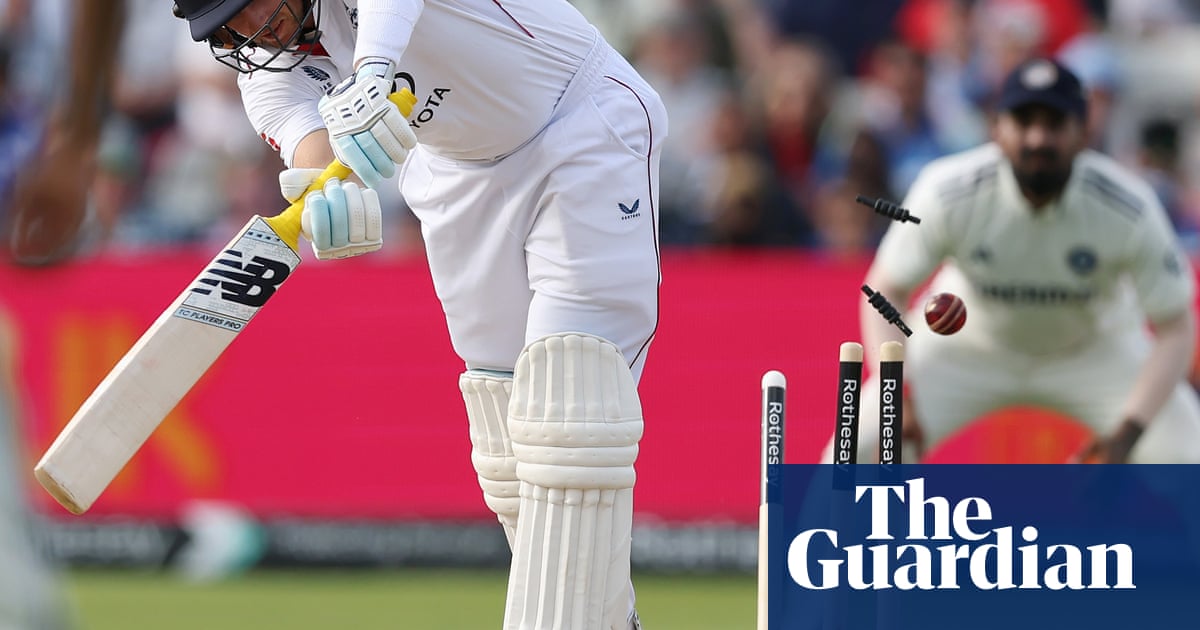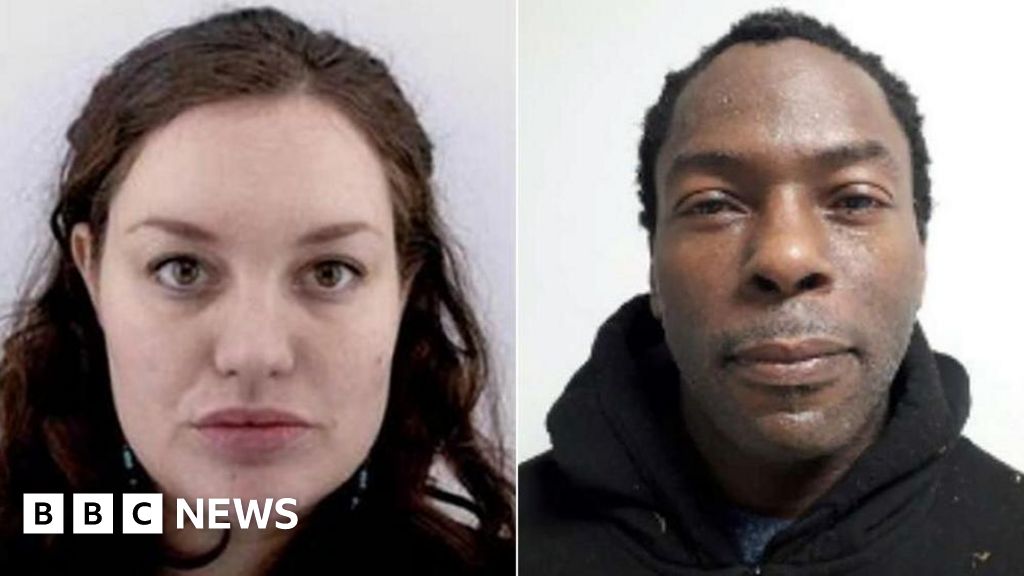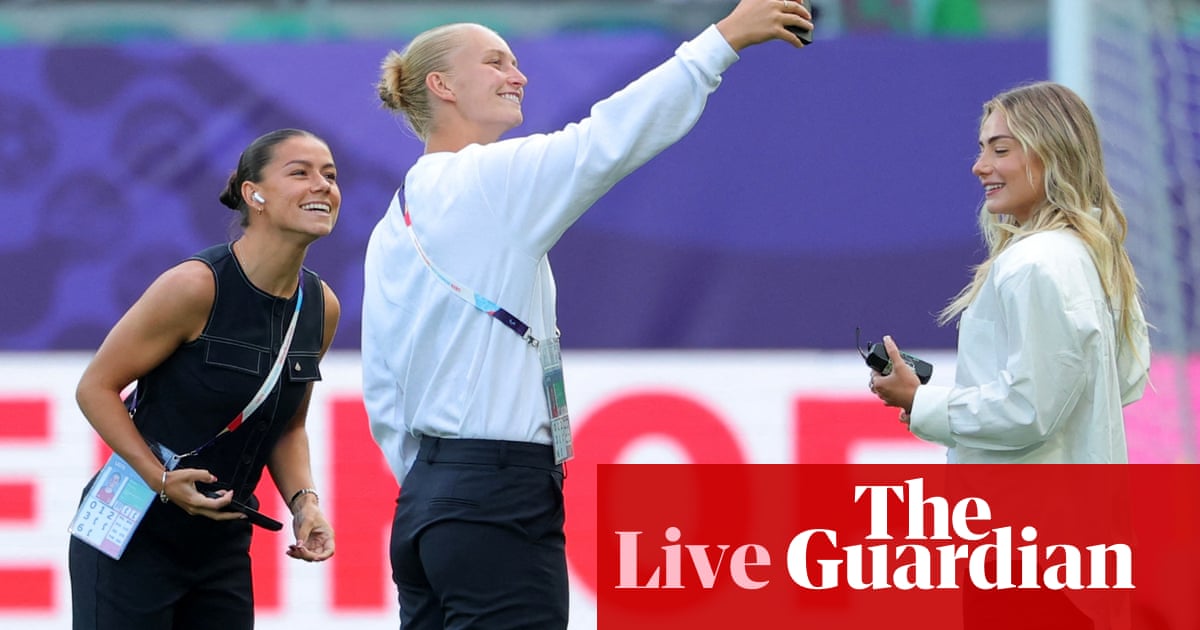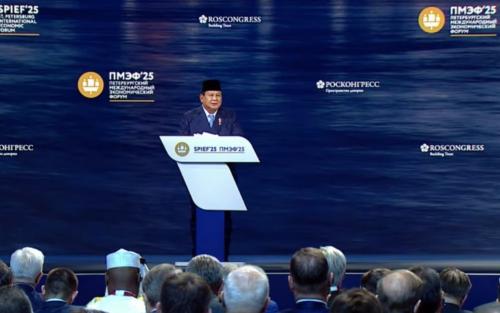What exactly did Trump say?
Which time? Tuesday was the second time Trump has threatened to take away World Cup games from US host cities on the basis of their political leadership or opposition to his policies. However, it’s important to note that this suggestion of moving games is not something Trump has suggested organically, of his own volition. In both cases, the US president was responding to leading questions centered around the idea of moving games.
On 25 September in an Oval Office event, a member of the White House press corps asked Trump about cities that have demonstrated against Trump’s use of federal agencies for immigration and crime crackdowns. The reporter mentioned Seattle and San Francisco as two cities that have seen demonstrations, and pointed out that both cities are World Cup hosts (though San Francisco is not a host city, but part of the San Francisco Bay Area that will host games at Levi’s Stadium in Santa Clara). The reporter then asked Trump if the demonstrations could result in the loss of World Cup games from those host venues.
“I guess, but we’re going to make sure they’re safe,” Trump said. “They’re run by radical left lunatics and that don’t know what they’re doing.”
Later Trump said that Chicago would be safe for the World Cup after he sends in federal agencies in a similar manner as Washington DC. Chicago is not a 2026 World Cup host city.
“If any city we think is going to be even a little bit dangerous for the World Cup … we won’t allow it to go to it. We’ll move it around a little bit,” Trump said.
Three weeks later, on 14 October, Trump was asked about another host city, Boston, even though the games themselves will be held in suburban Foxborough, Massachusetts. Towards the end of that day’s press event, a reporter asked Trump about a recent “street takeover” in Boston that saw police officers attacked and a police car set aflame, and if the concerns raised by the incident could result in the revocation of hosting duties for next year’s expanded 48-team soccer tournament. The reporter also asked if Trump would work with Michelle Wu, the Democratic mayor of Boston, to address the issue.
“We could take them away,” Trump said of the World Cup games. “Their mayor is not good … She’s radical left, and they’re taking over parts of Boston. That’s a pretty big statement, right?”
Street takeovers, a social media-driven phenomenon that sees large crowds of people gather on city streets late at night to perform stunts in cars, have been a repeated nuisance in American cities since the Covid-19 pandemic shutdowns. Recent such gatherings have turned violent in Massachusetts, including in Boston. However, the gatherings are generally not seen as being tied to any particular political ideology, nor have they been touted as a large-scale safety concern for World Cup attendees.
“If someone is doing a bad job, and I feel there’s unsafe conditions, I would call Gianni [Infantino], the head of Fifa, who is phenomenal, and say let’s move it to another location,” Trump said on Tuesday. “And he would do that. He wouldn’t love to do it, but he’d do it. Very easily, he’d do it.”
Later in that same event, Trump for the first time broached the possibility of moving the 2028 Olympics from Los Angeles as well.
“If I thought LA was not going to be prepared properly, I would move it to another location if I had to,” he said. “On that one I’d probably have to get a different kind of a permission, but we would do that.”
Does the US president have any power over the World Cup or Olympics?
In short: No. At least not unilaterally. In the World Cup’s case, the host city agreements are signed between Fifa, soccer’s global governing body, and the local municipalities. Though the deal involves a public government, it is essentially a private business deal, and the US president does not have authority to cancel it on his own.
That said, Trump can apply pressure to the various parties to back out of the deal if he is truly committed to removing games from the cities in question. That could include withholding federal funding from the cities as he has for various other aspects of American life. It could also include an appeal to Fifa president Gianni Infantino, who has carefully cultivated a close relationship with Trump since the US president’s return to office.
Could Fifa actually move World Cup games from places like Boston or Seattle?
Theoretically, yes. We can say this with relative surety thanks to Seattle, which released the host city agreement it signed with Fifa. Within that agreement there is a clause (4.5, to be exact) that addresses the possible revocation of host city selection. The clause essentially states that by agreeing to be a World Cup host city, Seattle also agrees to do a number of different (and often expensive) things to increase public safety, including the deployment of additional security measures and transportation methods, plus the assumption of various financial liabilities.
Fifa could in theory point to that clause as reasoning for revoking Seattle’s status as a World Cup host city if it feels like safety standards are woefully behind. It’s hard to imagine it being all that likely, though. Any World Cup is a gigantic logistical affair, let alone one spread across three countries and 16 host cities featuring more teams than ever before. It’s hard enough for Fifa to create the match schedule and oversee teams’ travel. Introducing a reduction in venues, or a change in venues, or multiple of them, would be a gargantuan undertaking so close to the actual event. It’s easy to assume it would be the subject of legal action on behalf of the host city as well.
What role does the US government actually play in these events?
So far, it has been mostly promotional and/or threatening in nature. Trump convened a World Cup task force earlier this year headed by Andrew Giuliani, with a stated mission of “facilitat[ing] comprehensive planning, organization, and execution of the largest sporting events in the history of mankind.”
The federal government also has a role in approving visas for visitors from other countries, but processing times for those have ballooned to such a level that many fear that they won’t have visas approved in time for the games themselves.
There is also the public safety aspect. One can presume that FBI agents and potentially those from Homeland Security and US Immigration and Customs Enforcement (Ice) will be dispatched to World Cup host cities with the stated intention of providing an additional layer of security on top of local police.

How has Fifa responded?
So far, Fifa president Gianni Infantino has said nothing publicly about Trump’s threat. He did, however, find time to travel to Egypt to be alongside Trump at the Gaza summit – a curious move for someone whose role in the world is nominally about sports.
Fifa vice-president Victor Montagliani, a Canadian, was far more direct speaking at a London conference in early October, responding to Trump’s comments about Seattle and San Francisco.
“It’s Fifa’s tournament, Fifa’s jurisdiction, Fifa makes those decisions,” Montagliani said. “With all due respect to current world leaders, football is bigger than them and football will survive their regime and their government and their slogans. That’s the beauty of our game, that it is bigger than any individual and bigger than any country.”
A Fifa spokesperson told Politico “Safety and security are of the utmost importance at all FIFA events worldwide and it is ultimately the government’s responsibility to decide what’s in the best interest of public safety. We hope every one of our 16 host cities will be ready to fulfill all necessary requirements for a successful 2026 World Cup.”
Outside of Fifa, Wu responded to Trump’s threat by pointing out that much of Fifa’s host city agreements are “locked down by contract so that no single person, even if they live in the White House currently, can undo it.
“We’re in a world where for drama, for control, for pushing the boundaries … ongoing threats … are issued to individuals and communities who refuse to back down and comply or be obedient to a hateful agenda.”
Have events ever been moved before?
Only in cases of extreme and/or unexpected health and safety concerns, war, or other political disturbance. The 2003 Women’s World Cup was the last senior-level tournament with that name to be moved – it was originally due to be held in China but was shifted to the US due to that year’s Sars outbreak.
Fifa also pulled the 2023 Under-20 World Cup from Indonesia after several members of that country’s government and large sections of the populace opposed the inclusion of Israel in the tournament. Indonesia does not maintain formal diplomatic relations with Israel and has broadly supported Palestine. Indonesia later hosted that year’s U-17 World Cup after Peru pulled out of hosting.
The Olympics have been canceled due to wars or postponed a year in the case of Covid-19 and the 2020 Tokyo Olympics, but they have not changed host cities since 1908, when the eruption of Mount Vesuvius forced the Rome games to decamp to London.
Why is Trump tying “safety” to these events?
Likely because he has made that topic a feature of his administration. It is the guise under which he has deployed the national guard, Ice, and other federal agencies to Washington DC, Chicago and other cities. The fact that safety is a genuine and justified concern at any major gathering of people – especially one as vast as the World Cup – makes it an easy line to fall back on for his administration.
What would happen if Washington tried to intervene?
That’ll be the real test, won’t it? When Washington has intervened in many other aspects of American life, the targeted institutions have often complied or tried to negotiate. It remains to be seen if Fifa or the IOC will take that path – if indeed Trump decides to pursue this at all.
.png)
 4 hours ago
1
4 hours ago
1
